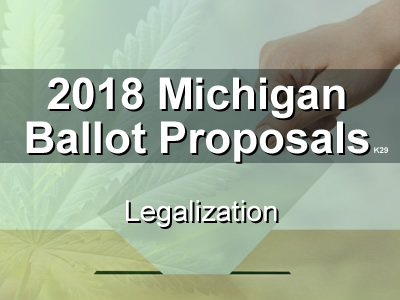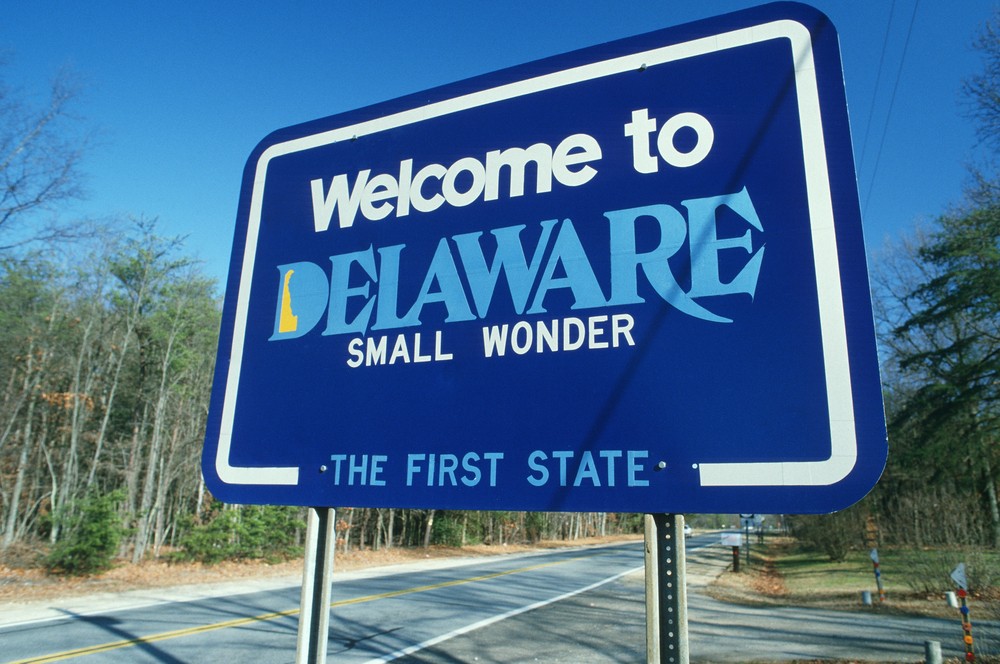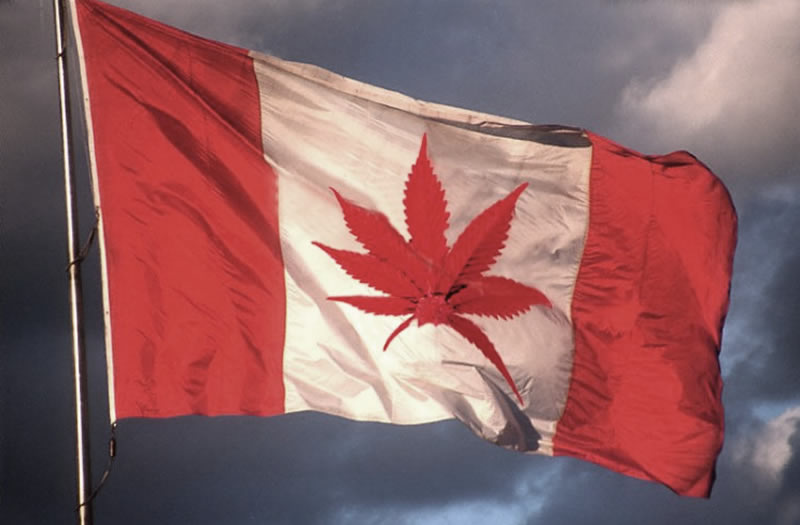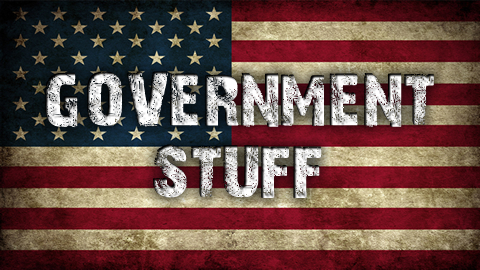
Sep 1, 2018 | News, Recent Victories, Victories Project
The proposed ballot language for marijuana legalization in the state of Michigan appears finished.
It will appear as proposal 1 on the November general ballot.
In April, the Michigan Board of State Canvassers approved a petition to legalize the recreational use of marijuana in the state of Michigan.
After the state legislature failed to take up the petition it would be put on the ballot for citizens to vote.
A proposed initiated law to authorize possession, use and cultivation of marijuana products by individuals who are at least 21 years of age and older, and commercial sales of marijuana through state-licensed retailers
This proposal would:
- Allow individuals age 21 and older to purchase, possess and use marijuana and marijuana-infused edibles, and grow up to 12 marijuana plants for personal consumption.
- Impose a 10-ounce limit for marijuana kept at residences and require that amounts over 2.5 ounces be secured in locked containers.
- Create a state licensing system for marijuana businesses including growers, processors, transporters, and retailers.
- Allow municipalities to ban or restrict marijuana businesses.
- Permit commercial sales of marijuana and marijuana-infused edibles through state-licensed retailers, subject to a new 10% tax earmarked for schools, roads, and municipalities where marijuana businesses are located.
-
More proposal detail and other Michigan proposals
About Komorn Law
Komorn Law has represented numerous clients through the legal chaos of starting up a business in the Michigan Medical Marihuana Industry.
If you or someone you know is facing charges as a result of Medical Marijuana, DUI, Drugs, Forfeiture, Criminal Enterprise, etc. Please contact our office and ensure you’re defended by an experienced lawyer in the evolving laws.
Lead attorney Michael Komorn is recognized as an expert on the Michigan Medical Marihuana Act. He is the President of the Michigan Medical Marijuana Association (MMMA), a nonprofit patient advocacy group which advocates for the rights of medical marijuana patients and their caregivers.
Contact us for a free no-obligation case evaluation
800-656-3557.
Follow Komorn Law

Jul 9, 2018 | Blog, Legalization, News

Jul 4, 2018 | Blog, Cannabis Science, Hemp
A scientific article on analyticalcannabis.com points out the main differences between Cannabidiol (CBD) and tetrahydrocannabinol (THC).
It goes-
Of the at least 113 cannabinoids that have been isolated to date, these two are undoubtedly the most well-known and, the most well researched. Cannabidiol (CBD) and tetrahydrocannabinol (THC) are both naturally occurring compounds found in plants in the cannabis genus. Known as phytocannabinoids, these compounds interact with CB1 and CB2 receptors found in the endocannabinoid system present in all mammalian species.
CBD was first isolated in 1940 whilst THC was isolated in 1964 by the preeminent cannabis scientist Raphael Mechoulam. At the most fundamental level, THC and CBD are different because of their differing physiological effects. CBD is non-psychotropic and therefore does not illicit a “high” whereas THC is psychotropic and is the only known cannabis-derived compound to illicit a “high”. Here we look at some of the key differences, and similarities, between CBD and THC.
To read the rest of the article follow the link below
https://www.analyticalcannabis.com/articles/cbd-vs-thc-what-are-the-main-differences-297486
Here is the PDF if the link is broken

Jun 24, 2018 | Blog, Legalization, News
Recreational marijuana use will soon be legal in Canada after the Senate passed a “historic” bill on Tuesday 6/19/18 with a vote of 52-29.
Canada is the second country in the world to implement legislation to permit a nationwide marijuana market.
Uruguay was the first country to legalize marijuana’s production, sale and consumption in December 2013. Read the law and regulation-if you can here
In the neighboring US, nine states and the District of Columbia now allow for recreational marijuana use, and 30 allow for medical use.
The act to legalize the recreational use of marijuana was introduced on April 13, 2017, and was later passed at the House of Commons in November. The Senate passage of the bill was the final hurdle in the process.
Bill C-45, AKA…The Cannabis Act, stems from a campaign pledge of Prime Minister Justin Trudeau to keep marijuana away from underage users and reduce related crime.
Although the Canadian government had initially stated its intent to implement by July 2018, provinces and territories and who would be responsible for drafting their own rules for marijuana sales. They have advised that they would need eight to 12 weeks after the Senate approval to transition to the new framework.
The government is expected to choose a date in early or mid September.

Jun 14, 2018 | Blog, Legalization, News
Sponsor: Sen. Booker, Cory A. [D-NJ]
(Introduced 08/01/2017)
Committees:Senate – Judiciary
Latest Action:Senate – 08/01/2017 Read twice and referred to the Committee on the Judiciary. (All Actions)
Shown Here:
Introduced in Senate (08/01/2017)
Marijuana Justice Act of 2017
This bill amends the Controlled Substances Act:
- to remove marijuana and tetrahydrocannabinols from schedule I; and
- to eliminate criminal penalties for an individual who imports, exports, manufactures, distributes, or possesses with intent to distribute marijuana.
It prohibits and reduces certain federal funds for a state without a statute legalizing marijuana, if the Bureau of Justice Assistance determines that such a state has a disproportionate arrest rate or disproportionate incarceration rate for marijuana offenses.
The bill directs federal courts to expunge convictions for marijuana use or possession.
Finally, it establishes in the Treasury the Community Reinvestment Fund. Amounts in the fund may be used by the Department of Housing and Urban Development to establish a grant program to reinvest in communities most affected by the war on drugs.





